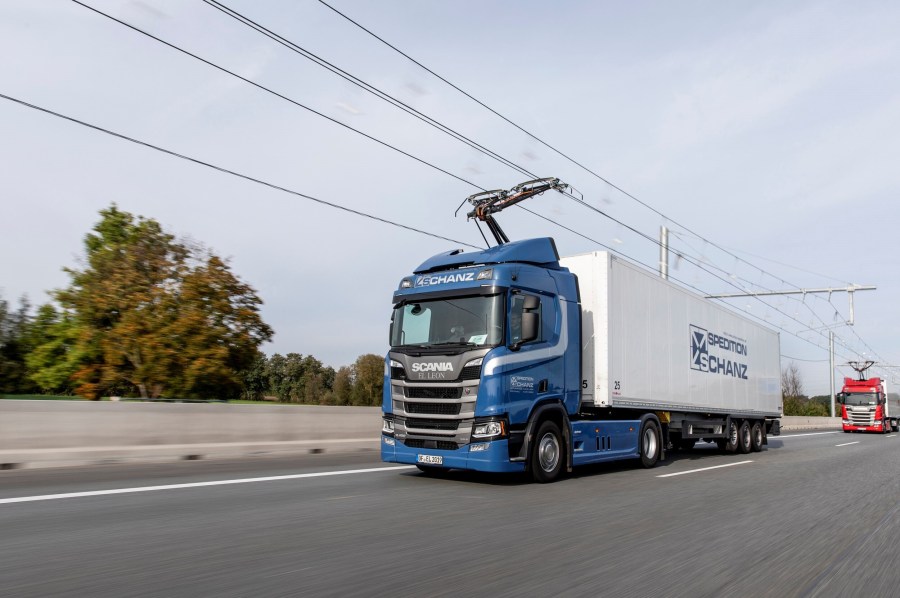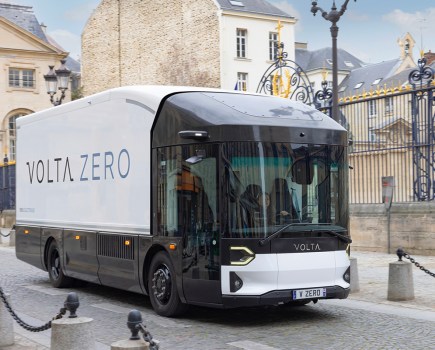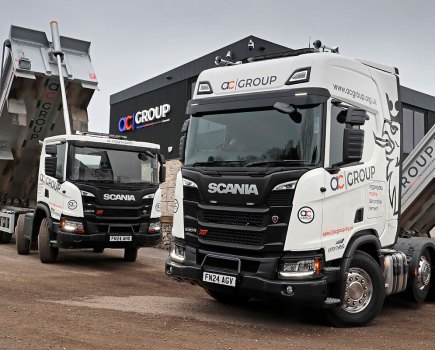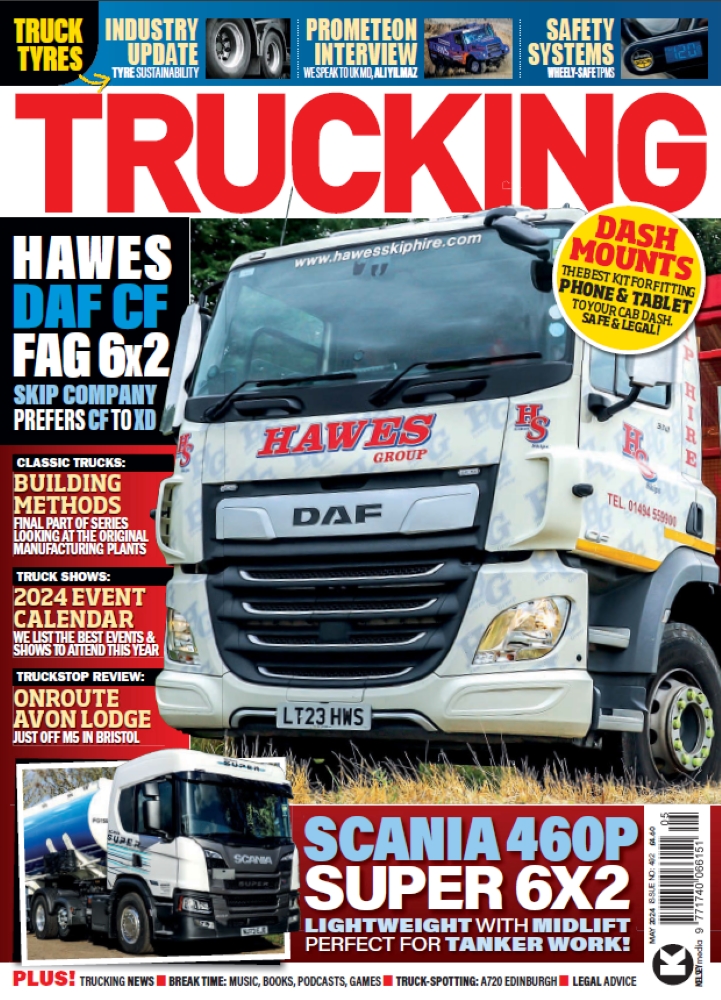Scania is to participate in a feasibility study into the operation of long haul electrified trucks.
As a result, the plans will see the vehicles charged via overhead wires on electric roads.
In addition, the feasibility study will be the first of its kind to take place in the UK.
Therefore, it will demonstrate the readiness of the technology ahead of a national roll-out.
Scania’s involvement in the study comes as part of a consortium.
Specifically, the manufacturer joins the likes of Siemens Mobility and Costain in the project.
Meanwhile, ARUP, Milne Research and SPL Powerlines are also involved.
The feasibility study is part of the recently-announced £20m put aside for zero emission road freight trials.
The funding is covered as part of the UK government’s Transport Decarbonisation Plan (TDP).
Specifically, DfT has awarded funding to the consortium through Innovate UK.
The non-departmental public body is funded by a grant-in-aid from the UK government.
The consortium has proposed an electric road system using the Siemens Mobility ‘eHighway’ technology.
In other words, it is seen as the fastest and most cost-effective route to decarbonising the road freight industry.
These eHighways allow specially-adapted trucks to attach to the overhead wires and run using the electricity.
Therefore, the operation is similar to rail and trolley-bus systems.
James Armstrong, Scania’s MD in the UK, emphasised the importance of the feasibility study.
“We’ve been working with our partners to develop and mature electric road technologies,” he said.
“Furthermore, we have demonstrated they are attractive, cost-effective alternatives to fossil fuel-based vehicles.
“This partnership is dedicated to marrying technical excellence with ambition,” added Armstrong.
The study team hope that the nine-month study is the first of many similar projects.
The aim is for the UK’s major roads to be served by overhead lines by the 2030s.






